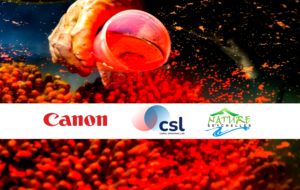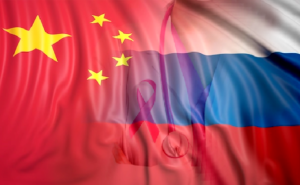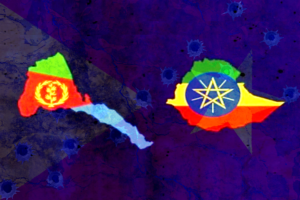From Snake Oil to Self-Care: America’s $4 Trillion Wellness Illusion
Once upon a time, it was traveling salesmen peddling snake oil tonics. Today, it’s influencers in silk robes sipping chlorophyll water on Instagram. The faces have changed, but the message hasn’t: trust me, I know what’s best for your body.
Across America, millions are scrolling, searching, and self-diagnosing their way through a fractured healthcare system. Finding a reliable primary care doctor has become harder than ever—over 100 million Americans now lack consistent access to one, nearly double the number from a decade ago. Long waits, limited insurance coverage, and the slow death of small family practices have driven many patients to urgent care clinics or online symptom checkers instead.
![]()
Meanwhile, on TikTok and YouTube, wellness influencers promise quick fixes wrapped in aesthetic lighting and personal journeys. They speak directly to a generation disillusioned by bureaucracy and burned by medical mistrust. Especially white women and Black Americans, who have long faced dismissive or biased care. Their message is seductive: reclaim control over your health through clean eating, supplements, detoxes, or the latest adaptogen.
But this glossy world of “empowerment” often masks murky motives. Behind every smoothie recipe or glowing skin secret may lie sponsorship deals or affiliate links. Even trained medical professionals online can blur the line between education and promotion. While the Federal Trade Commission requires hashtags like #ad or #sponsored, authenticity sells better than transparency.
The erosion of trust in institutions, from postwar science to post-pandemic medicine, has created fertile ground for misinformation. Science now competes with the algorithm. Figures like Belle Gibson, who falsely claimed to cure her terminal cancer through diet, serve as cautionary tales of how wellness can turn cultish, even dangerous.
Still noisy as it is, the fundamentals haven’t changed. Good health thrives on balance, not branding a campaign on sleep, exercise, community/real medical care. But in a world where doctors are out of reach and influencers are always online, it’s little wonder that so many Americans are turning to digital snake oil in search of healing.







